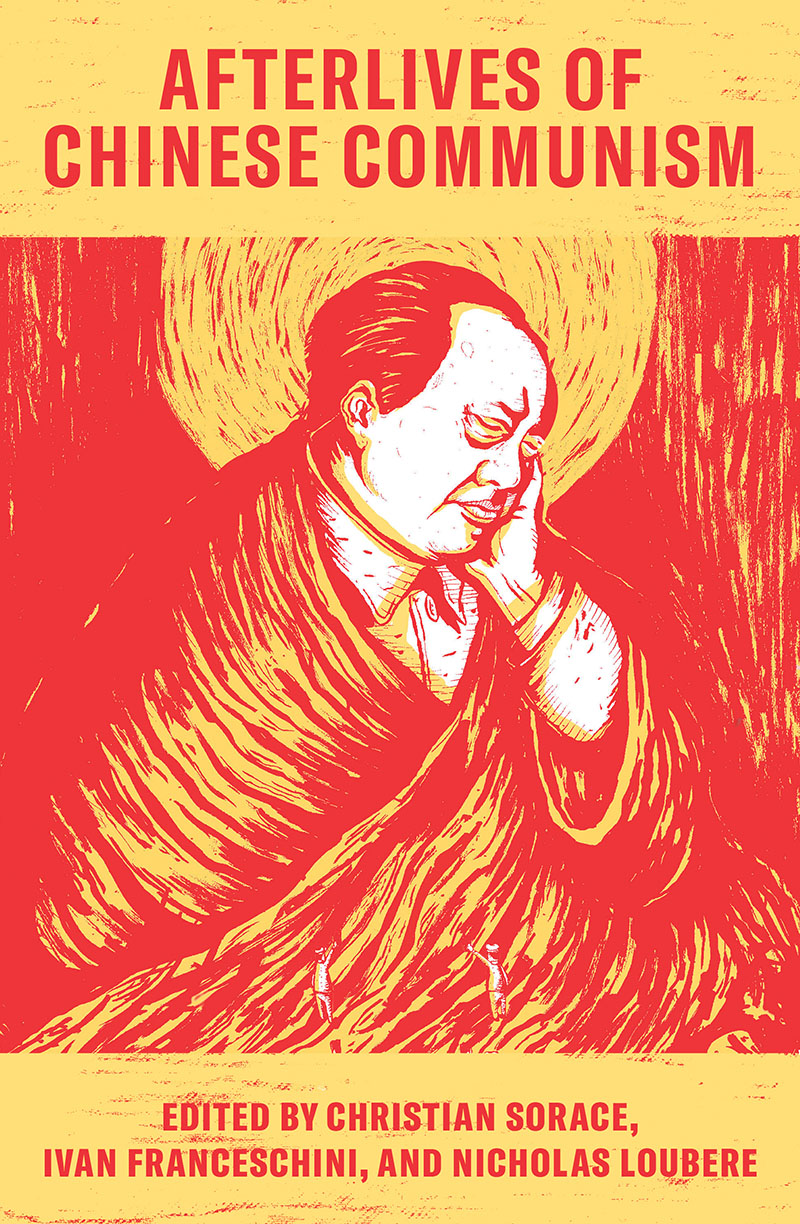Beskrivelse
Seventy years after the Chinese Revolution of 1949, what remains of Mao’s communist legacy?
Afterlives of Chinese Communism comprises essays from over fifty world-renowned scholars in the China field, from various disciplines and continents. It provides an indispensable guide for understanding how the Mao era continues to shape Chinese politics today. Each chapter discusses a concept or practice from the Mao period, what it attempted to do, and what has become of it since. The authors respond to the legacy of Maoism from numerous perspectives to consider what lessons Chinese communism can offer today, and whether there is a future for the egalitarian politics that it once promised.
Co-published by ANU Press.
“Whether Maoist China was a ‘cunning of reason’ to achieve nationalism through a communist strategy, or the reverse, is certainly one of the few enigmas whose resolution is truly decisive if we want to know where we stand now, in the global age of absolute capitalism and its looming crisis. It is hotly disputed. This book, to put it in Spinozian terms, does not deride or idealize: it seeks to understand. Which makes it invaluable.”
– Etienne Balibar, author of The Philosophy of Marx and Race, Nation, Class (with Immanuel Wallerstein)


